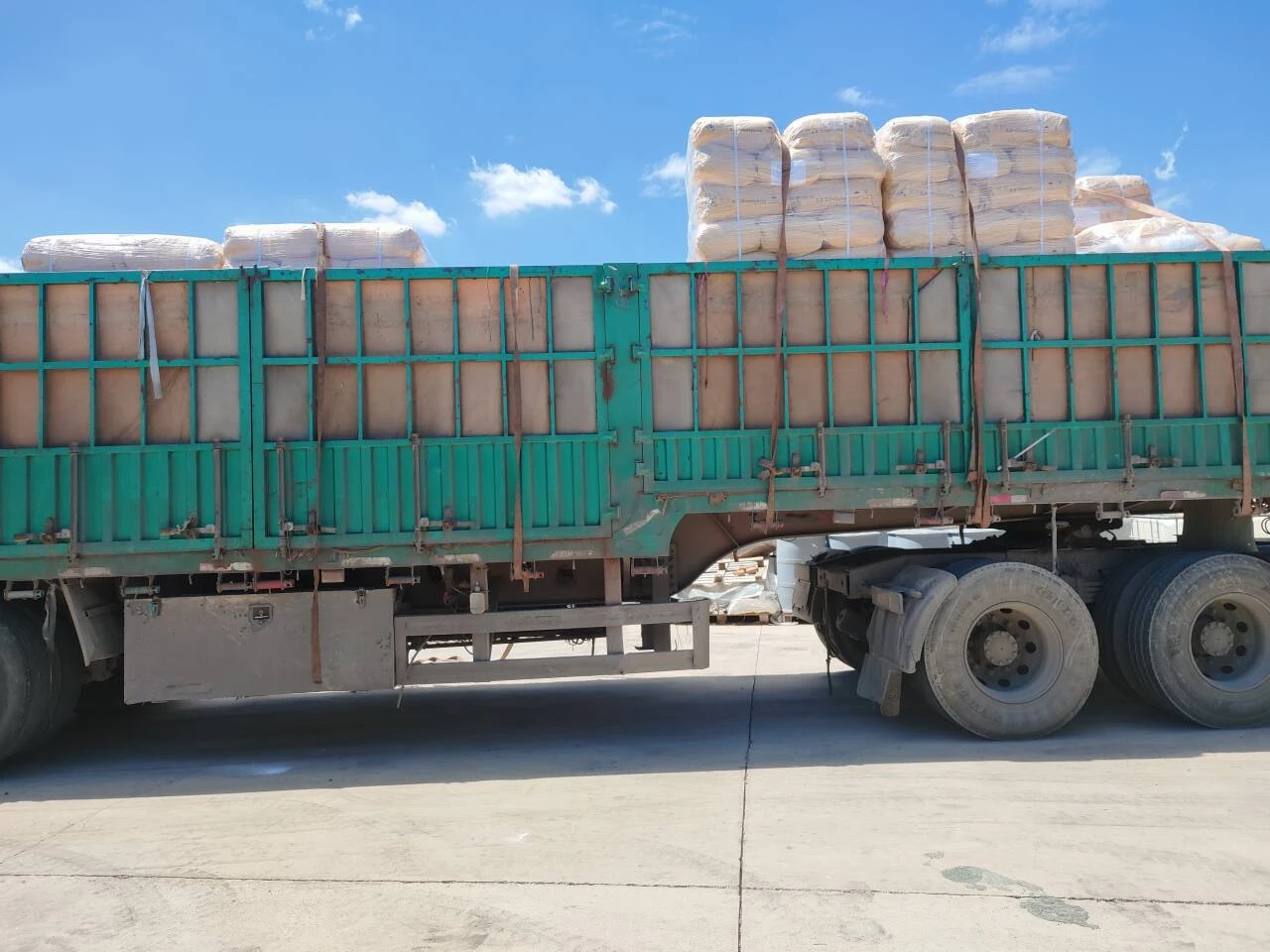Pharmaceutical Intermediates Essential Building Blocks in Drug Development
Pharmaceutical intermediates are crucial chemical compounds that act as the building blocks for the production of active pharmaceutical ingredients (APIs). These intermediates serve diverse functions in the drug development process, ranging from enhancing the efficacy of medications to ensuring their safety and stability. Understanding the role and significance of pharmaceutical intermediates is essential for appreciating the complexity of modern drug manufacturing.
Definition and Classification
Pharmaceutical intermediates are defined as compounds that are formed during the synthesis of APIs but are not intended to be marketed as medicines themselves. They are typically produced in a multi-step chemical reaction process. These intermediates can be classified based on their structural characteristics or the role they play in the synthesis pathway. Depending on the stage of production, intermediates can be categorized into early-stage intermediates, which occur in initial reactions, and late-stage intermediates, which are closer to the final product.
Role in Drug Development
The process of drug development is intricate and often requires dozens of chemical reactions to convert simple raw materials into complex molecules that can be used as medications. Pharmaceutical intermediates facilitate this process by providing essential components necessary for constructing the final active ingredient. For instance, intermediates can serve as protective groups, catalysts, or reactive functionalities that assist in building the desired molecular structure.
Additionally, intermediates can significantly impact the overall efficiency and cost-effectiveness of drug production. By optimizing the synthesis routes and effectively managing intermediates, pharmaceutical companies can improve yields, reduce waste, and lower production costs. This optimization is critical in an industry where margins can be tight, and pricing pressures are high.
Quality and Regulatory Considerations
what are pharmaceutical intermediates

Because pharmaceutical intermediates are involved in the production of APIs, they must meet stringent quality control and regulatory requirements set by health authorities such as the FDA or EMA. The quality of intermediates directly influences the quality and safety of the final drug product. Therefore, manufacturers invest considerable resources in ensuring that their intermediates are produced in compliance with Good Manufacturing Practices (GMP).
Moreover, the characterization and validation of pharmaceutical intermediates are essential to trace their properties and performance throughout the drug development process. This involves thorough testing to confirm the identity, purity, and stability of each intermediate. Any deviations or failures in quality can lead to significant delays in production and potentially affect the safety profile of the drug.
Challenges in Manufacturing
The production of pharmaceutical intermediates is not without its challenges. One of the primary issues is maintaining consistent quality across batches. Variability in raw materials, reaction conditions, and equipment can lead to discrepancies that may compromise the efficacy of the final product. Additionally, the complexities involved in scaling up laboratory synthesis to commercial production can present logistical and technical challenges.
Another significant challenge is the need for innovation in synthetic methods. As drug discovery progresses, there is a continuous demand for novel compounds, which often requires the development of new intermediates. This demand pushes pharmaceutical companies to invest in research and development to discover more efficient synthesis routes and sustainable manufacturing practices.
Conclusion
Pharmaceutical intermediates play a fundamental role in the drug development process, acting as the essential precursors for active pharmaceutical ingredients. Their influence extends from improving the efficiency of drug production to ensuring the safety and efficacy of medications. As the pharmaceutical industry continues to evolve, the importance of these intermediates is likely to grow, prompting ongoing investment in innovative synthesis methods and stringent quality controls. Ultimately, the success of new drug candidates relies heavily on the unobtrusive yet crucial role that pharmaceutical intermediates play in the journey from laboratory discovery to market-ready medications.

